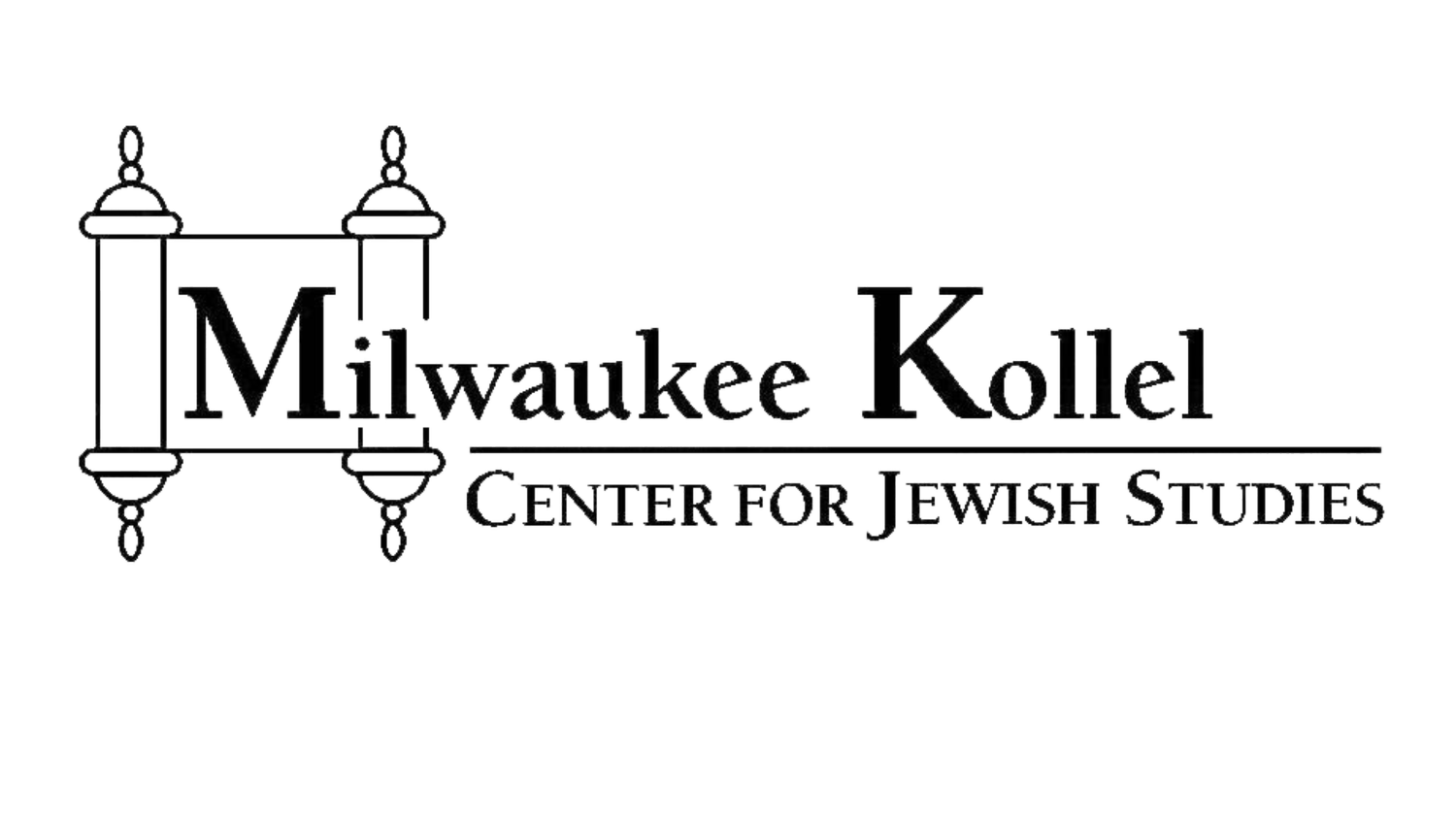Biyur Chometz: Removal of Chometz and the Yetzer Harah
Rabbi Tzvi Libber
Chaver Kollel
Rabbeinu B’chaye, in his epic work, Kad Hakemach (ערך פסח (א elaborates on the prohibition of chometz on Pesach. Chometz corresponds to the Yetzer Harah. A basic dough would be matza when it is baked, but with the leavening process that causes the dough to rise, it becomes chometz. Just as the leavening process makes the dough change as it swells, so too the Yetzer Harah tries to make us change by distorting our thoughts and, ultimately, our actions.
We are called upon to remove chometz from our ownership in three areas. When we remove and burn the chometz, this is symbolic of removing the Yetzer Harah in our actions. When we verbally state that we relinquish ownership and consider it like dust, this is symbolic of removing the Yetzer Harah from our words. Finally, when we confirm the nullification in our hearts, this is symbolic of removing the Yetzer Harah from our thoughts.
Is it actually possible to remove the Yetzer Harah? Our actions, words, and thoughts are indeed mostly in our control and we can choose to listen to our Yetzer Harah or not. However, how can we remove the actual Yetzer Harah, i.e. the very desire to do wrong?
The Torah tells us that Hashem hardened Pharaoh's heart, and he therefore refused to set the Jewish people free. If Pharaoh had been able to make an honest judgment call after enduring devastating makos, he would have chosen to send the Jews out in a hurry. However, Hashem hardened his heart and he illogically insisted that the Jews stay while he suffered through more makos.
This begs the question, why did Hashem take away Pharoah’s free choice and then hold him accountable for his forced decision?
The Midrash (Sh’mos Rabbah 13:3) and Rishonim (Ramban and Tur, Vaeira 7:3) explain that as a result of Pharaoh's consistent sins against Hashem and the Jewish people, he lost his ability to choose to repent under the concept of עבירה גוררת עבירה “one sin leads to the next” (Avos 4:2).
Chazal (Yoma 76a) tell us regarding the judgment process of Hashem: מדה טובה מרובה ממדת פורעניות the measure of good judgment is greater than the measure of punishment. Based on this concept, we can conjecture as follows: if one can lose his inclination to choose to do good (i.e. his yetzer tov), by making many bad choices, all the more so can one lose his inclination to do bad (i.e. his Yetzer Harah) by making many good choices.
Perhaps this is what Rabeinu B’chaye is trying to convey as the message of the mitzvah of biyur chametz. We are supposed to purge ourselves of the yetzer harah itself, our evil inclination, by taking stock of all of our thoughts, words, and actions. We need to be sure that everything we think, say, and do is in line with Hashem’s will. By becoming proficient and more scrupulous in not following our Yetzer Harah, we will have done biyur chometz within ourselves, as we will merit to rid ourselves of the Yetzer Harah iy”H.
